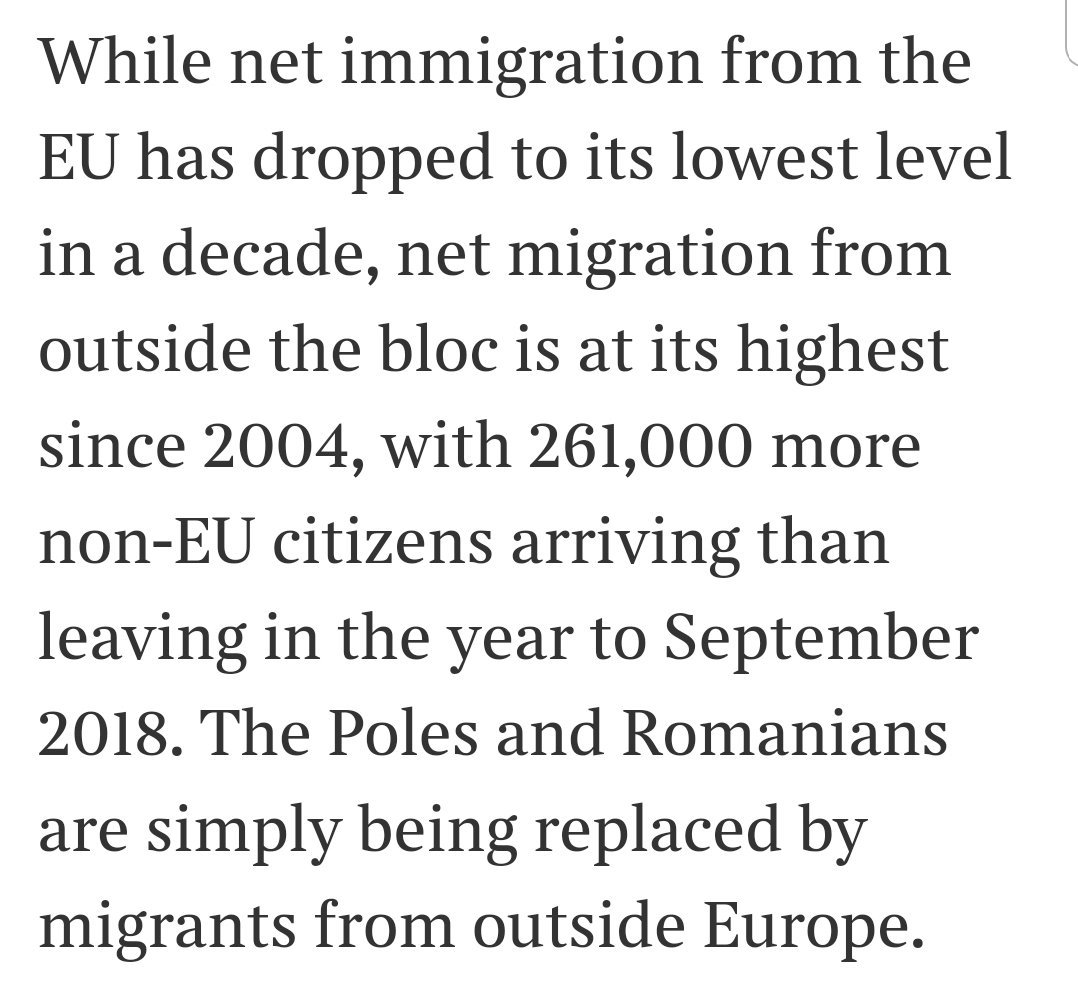Some thoughts on belief in Brexit, where it comes from and how it's sustained..... /1
* choose which one works with your predisposition.
But what is actually going on here? /3
It seems self-evidently true e.g. the USA, Canada, Australia, NZ, Japan which tend to spring to mind...
It hits the instinctive "But of course!" button. /6
They have instinctive appeal and, in the latter's case, there is also some apparent trade "expertise" to support the instinct. /8
1. "So all Leavers are fast thinkers & all Remainers slow thinkers?" No
2. "So all this rests on Kahneman?" No, there have been studies on all of this stuff.
3. "So Leave/Remain are only down to thinking modes?" No, this is one niche angle in a complex topic.
5. "And Leavers only think fast?" No we all possess both modes. Some Remainers also start out with a fast thinking instinct.
6. "So what ARE you saying?" See above. It's something to consider "in the mix".






